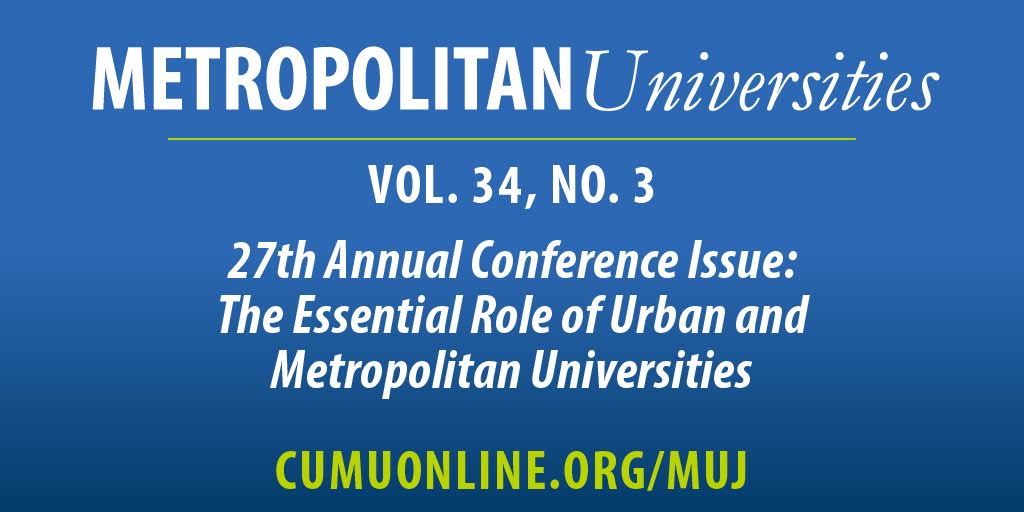Leveraging University Networks in University Powered Accelerators
Best Practices and Lessons Learned
DOI:
https://doi.org/10.18060/26586Keywords:
accelerators, anchor institution, creative class theory, entrepreneurshipAbstract
Co-location tools of urban economic development, such as accelerators and incubators, can facilitate entrepreneurship. Of these tools, accelerators have proliferated in number and variety over the past couple decades. However, growing evidence suggests that these programs are not equally effective, varying in form and function with disparate outcomes. Initial evidence indicates that the effectiveness of accelerators varies by entrepreneurial ecosystem features, such as density and university involvement. Current scholarship is limited, however, in that it doesn't provide an adequate explanation for why that is the case. In this paper we use creative class theory to explain the distinct advantages of an accelerator powered by an urban, metropolitan, research university. Chief among these advantages are the dense and diverse networks that comprise urban research universities and the value that each network participant contributes. In addition, we posit that it is the amplification of these collective contributions that are critical to startup success and the overall vitality of the entrepreneurial ecosystem within the region. We support our logic by profiling the best practices, design features, and lessons learned of an accelerator powered by a public, urban, research university serving as an anchor institution for the St. Louis region.
Downloads
Published
Issue
Section
License
Copyright (c) 2023 Brandon Ofem, Joan M. Phillips, Dan Lauer, John C. Palmer

This work is licensed under a Creative Commons Attribution 4.0 International License.



